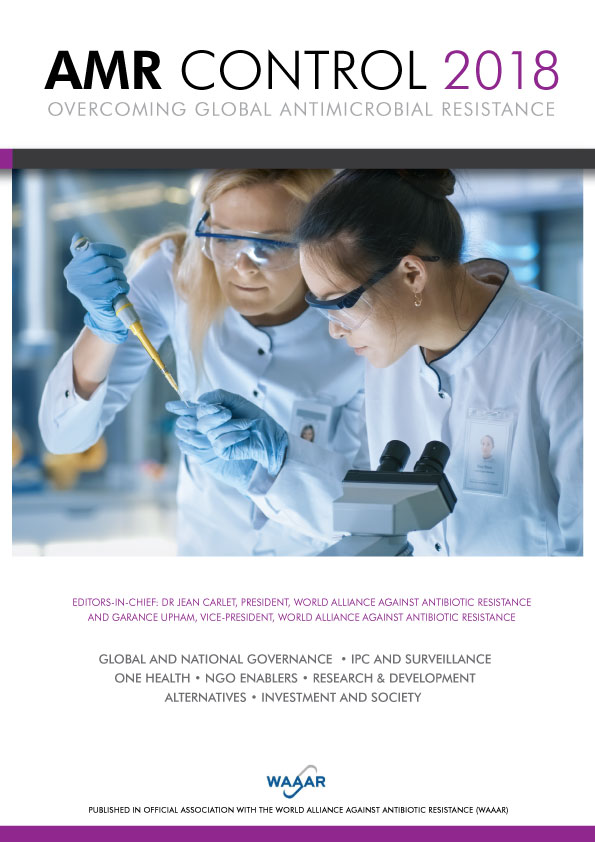Yvona tous, Framework Convention Alliance for Tobacco Control
“Full implementation of the WHO Framework Convention on Tobacco Control would bring the single biggest blow to heart disease, cancer, diabetes and respiratory disease.”
WHO Director-General Margaret Chan at the NCD Summit in New York, 19 September 2011
The Framework Convention Alliance (FCA) represents the voice of civil society fighting one of the biggest health threats in the 21st century – tobacco use. If left unchecked, tobacco use will kill 8 million people a year by 2030; 70% of them in developing countries1.
Cancer and health management: Tobacco control
The link between cancer and tobacco is well proven. Tobacco causes at least 16 different types of cancer2, and its use accounts for at least 30% of all cancer deaths and 80% of lung cancer deaths3. These numbers suggest that there is no better way to manage cancer than to address its risk factors, such as tobacco use.
Tobacco use is the one risk factor common to the other three main groups of non-communicable diseases (NCDs) – cardiovascular diseases, chronic respiratory diseases and diabetes4. It is also a major risk factor for tuberculosis5. As a result, tobacco control has earned a special status within global public health.
FCTC – ground-breaking global health instrument
Tobacco is the focus of the world’s first ever health treaty negotiated under the auspices of the World Health Organization (WHO).
The WHO Framework Convention on Tobacco Control (FCTC), which came into force in 2005, includes policies and strategies to tackle tobacco use in a comprehensive manner. Its measures are not only evidence-based, but also cost-effective6. The FCTC’s initial success is demonstrated by the number of its Parties – 176 as of the publication date.7 .
FCA and FCTC
The FCA and its members played a major role in developing the WHO FCTC. The Alliance was founded in 1999 – in the early stages of negotiating the Convention – and has grown into an umbrella organization representing over 350 member organisations in more than 100 countries.
FCA holds official observer status with the United Nations (UN), WHO and the FCTC Conference of the Parties (COP). FCA members regularly participate in official meetings and negotiations of the FCTC, and the Alliance develops policy papers and fact sheets that have become important tools for delegates and other participants in FCTC COPs. FCA also produces the daily Bulletin newsletter at major FCTC events8. One of FCA’s unique features is that its policies and positions are developed in consultation with all members and are consensus-based.
FCA’s work is not limited to international negotiations. Its members support ratification and implementation of the FCTC at the country level, and work as “watch dogs” to monitor Parties’ compliance with treaty measures.
FCA’s plans for 2013
While it is one of the fastest and most widely endorsed UN treaties, the FCTC continues to evolve. Some of its measures for reducing the supply of and demand for tobacco – for example, guiding principles and recommendations on tobacco prices and taxes and the protocol on illicit trade in tobacco – still need to be implemented.
Moreover, a wide gap exists between commitments and tobacco control work in some countries, while the tobacco industry continues to undermine the FCTC’s implementation. Most importantly, tobacco control has yet to become a government-wide priority in most countries, remaining the concern solely of health ministries.
To advance tobacco control, and ensure accelerated implementation of the FCTC, FCA’s work in 2013 will focus on four key areas:
- Establishment and implementation of tobacco tax policies Making tobacco products less affordable has been proven to be the single most effective tobacco control policy. Tobacco taxes have a major role to play in affordability. The FCTC’s guiding principles and recommendations on price and tax measures were adopted at the fifth Conference of the Parties (COP5) in November 2012. FCA’s campaign will focus on promoting these guiding principles and recommendations so that they are followed by governments – finance and health ministries alike – and so that tobacco taxes become significantly higher at the national level. To this end, FCA will develop tools to help advocates explain that increasing tobacco taxes is a win-win tactic for governments: as a health measure it saves lives; as a fiscal measure it can generate additional revenues. The Alliance will also advocate for greater support from international financial institutions, such as the World Bank and the International Monetary Fund (IMF), to assist governments to establish comprehensive tobacco taxes.
- Facilitating effective action against illicit trade From the outset of FCTC negotiations, special attention has been paid to the illicit trade in tobacco products. As Parties consider whether to ratify the Protocol to Eliminate Illicit Trade in Tobacco Products , FCA’s priority is to ensure that appropriate technical assistance and capacity building support are in place to make implementation possible for low-resource countries. As with tax and price measures, FCA will advocate for a whole-of-government approach in implementation of the ITP, including cooperation among tax administration, customs and police.
- Strengthening implementation of the FCTC Among all outcomes of the last COP, one stands out: creation of a working group on sustainable measures to strengthen implementation of the WHO FCTC. For the first time, Parties are expected to meet between sessions of the COP to discuss existing obstacles to implementing FCTC measures, rather than to develop guidelines or guiding principles on specific tobacco control interventions. In 2013, FCA will work towards ensuring strong outcomes of this working group. The Alliance will attempt to mobilize financial resources so the working group can organize its meetings, and will develop a series of discussion papers to feed into the group’s deliberations.
- Securing sufficient support for tobacco control work in low-resource countries FCA will devote special efforts to securing additional international assistance for tobacco control. While tobacco control is recognized as an effective, low-cost health measure, it has not been supported by international development agencies or development banks. Consequently, tobacco control in low- and middle-income countries remains under resourced9. In 2013, FCA’s members will continue reaching out to international development partners, promoting the FCTC not only as a health intervention, but as a tool for sustainable development. To help its members unlock international funding for tobacco control the Alliance will develop additional materials to highlight the cost-effectiveness of tobacco control and its potential to reduce poverty and strengthen health systems.
- Promoting the FCTC internationally Parallel to FCA’s work at the country level, the Alliance will continue promoting tobacco control and the FCTC internationally. In 2011, FCA members engaged successfully with the UN High-level Meeting on Noncommunicable Diseases (NCDs), also known as the NCD Summit. In 2013, FCA plans to capitalize on this campaign and promote the FCTC within discussions on the next “stage” of the Millennium Development Goals (MDGs), which expire in 2015.
As in previous years, FCA remains committed to freeing the world from the devastating health, social, economic and environmental consequences of tobacco and tobacco use.




